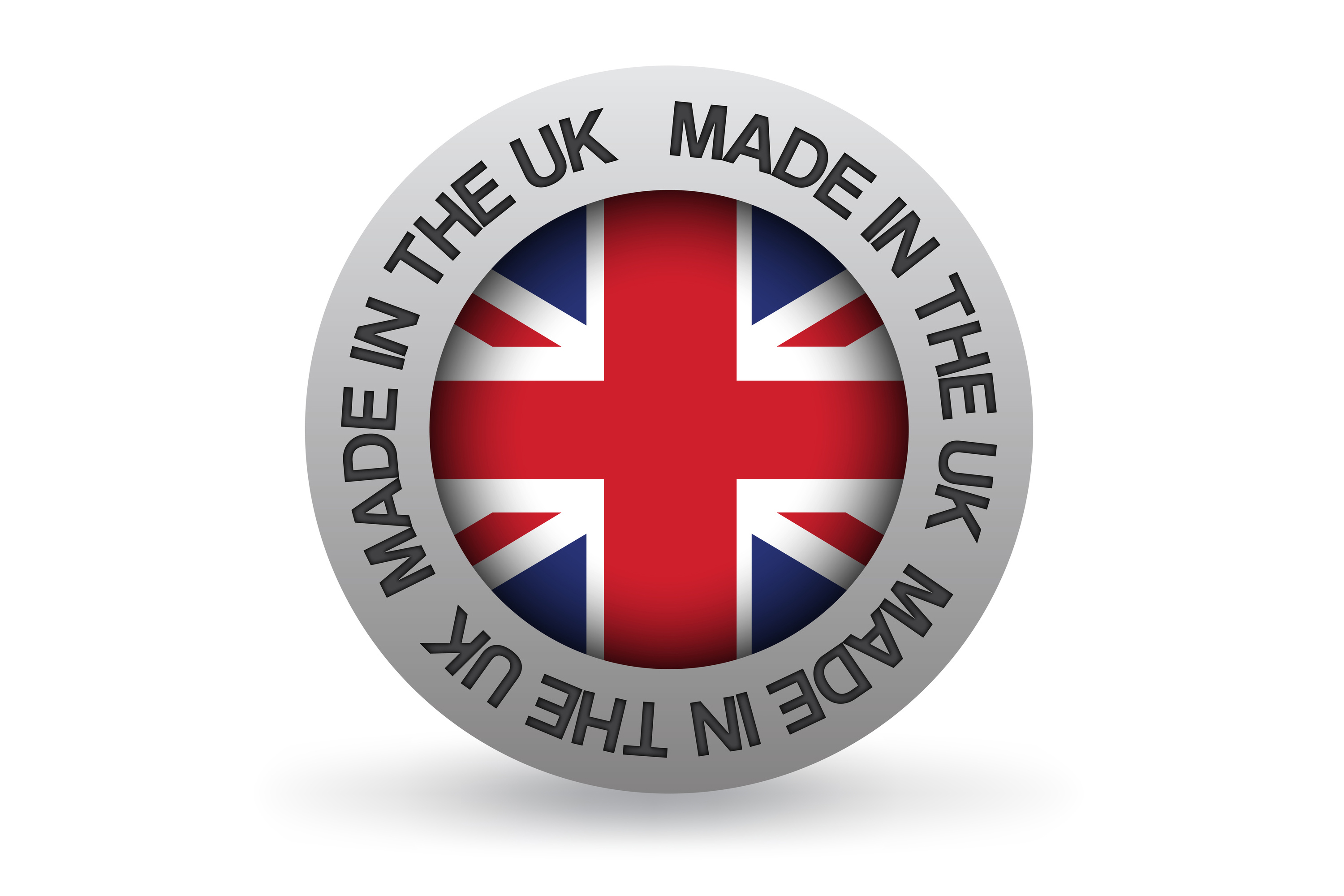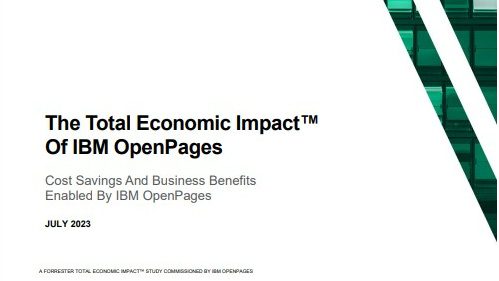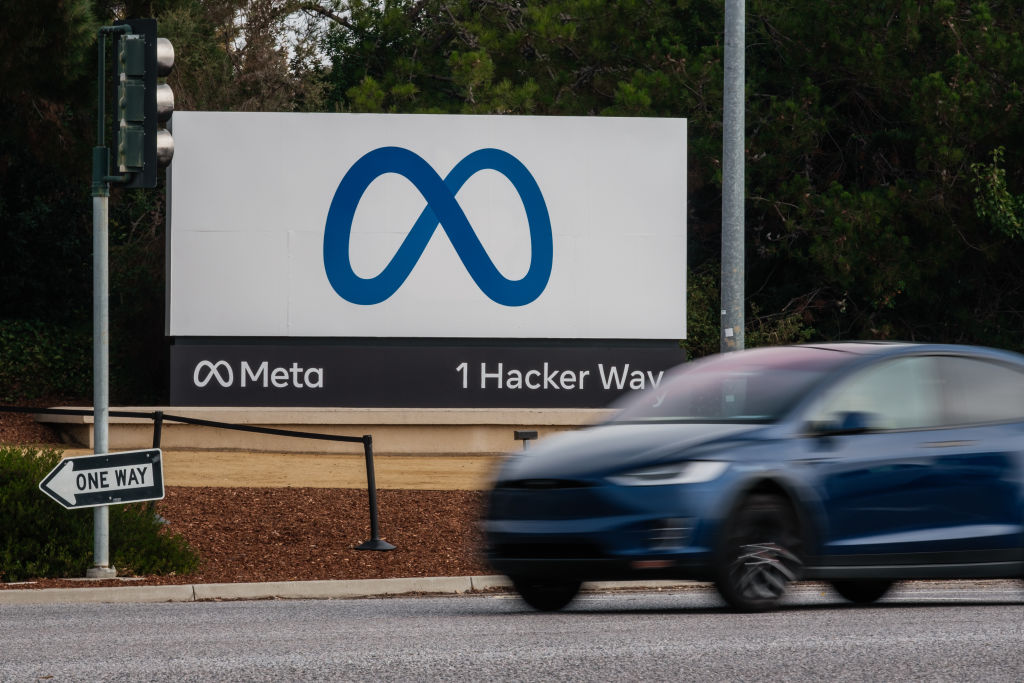Could the UK ever build a Facebook?
Inside the enterprise: Building a $100bn tech company is a tall order. But the UK could still boost its technology industry, argues one expert.

Shares in Facebook might have fared less than well since the company's IPO, but its rise is still remarkable for a company founded in a Harvard dorm room.
But could the UK ever produce a company to rival Facebook? This country's track record for nurturing technology businesses is, at best, mixed. For all the attention lavished on Silicon Roundabout (or Tech City, as the Government prefers to call it), the UK is no longer at the forefront of the industry.
In fact, the London Stock Exchange now lists only a handful of businesses that can truly be described as technology, aside from the honourable exceptions of telecoms providers Inmarsat, Vodafone and BT.
The British pure-play technology companies include chip maker ARM and business software vendor Sage. Until it was snapped up by HP last October, their number also included Autonomy.
The company operates as a separate division of HP, even as its parent company starts to roll out Autonomy technology to its wider product and service portfolios.
The path taken by Autonomy is one that has been followed by UK technology companies before and is likely to be taken by more in the future.
The problem for the UK technology industry is not that the country lacks inventions or ideas, but the structure needed to turn those into world-class businesses.
Get the ITPro daily newsletter
Sign up today and you will receive a free copy of our Future Focus 2025 report - the leading guidance on AI, cybersecurity and other IT challenges as per 700+ senior executives
According to Mike Lynch, Autonomy's founder and outgoing CEO the problem manifests itself at two levels.
The first is during the start up phase: UK companies do not have access to the seed capital enjoyed by Silicon Valley firms.
The second problem comes later, when businesses start to grow, and venture capitalists (VC) see a possible exit for their investment.
"Facebook founder Mark Zuckerberg is famed for turning down $1 billion," says Lynch.
"But often in the UK, the VCs sell a business to a US player for $50 million, when it could have gone on to become a $500 million or even $5 billion company."
There are also market, technical, and financial reasons for the one-way traffic seen between the UK and the US. It is much harder for UK companies to buy into, or buy up, US businesses, although it has been done in other fields, such as aerospace and defence.
US companies also have the advantage of a much larger and integrated domestic market.
But for Lynch, who oversaw the sale of Autonomy to HP for 7.1bn, it is not about creating another $100 billion company. Facebook, he suggests, is a special case. "We want a run of $10 billion technology businesses in the UK. That would be great for the economy," he says.
We have the ideas, now it is time to build the infrastructure.
Stephen Pritchard is a contributing editor at IT Pro
-
 Bigger salaries, more burnout: Is the CISO role in crisis?
Bigger salaries, more burnout: Is the CISO role in crisis?In-depth CISOs are more stressed than ever before – but why is this and what can be done?
By Kate O'Flaherty Published
-
 Cheap cyber crime kits can be bought on the dark web for less than $25
Cheap cyber crime kits can be bought on the dark web for less than $25News Research from NordVPN shows phishing kits are now widely available on the dark web and via messaging apps like Telegram, and are often selling for less than $25.
By Emma Woollacott Published
-
 Strengthening your data resilience strategy
Strengthening your data resilience strategywebinar Safeguard your digital assets
By ITPro Published
-
 Forrester: The Total Economic Impact™ Of IBM OpenPages
Forrester: The Total Economic Impact™ Of IBM OpenPageswhitepaper Cost savings and business benefits enabled by IBM OpenPages
By ITPro Last updated
-
 More than a number: Your risk score explained
More than a number: Your risk score explainedWhitepaper Understanding risk score calculations
By ITPro Published
-
 What is small data and why is it important?
What is small data and why is it important?In-depth Amid a deepening ocean of corporate information and business intelligence, it’s important to keep things manageable with small data
By Steve Cassidy Published
-
 Google Ad Manager knocked offline for more than three hours
Google Ad Manager knocked offline for more than three hoursNews The incident prevented publishers from automatically exchanging their ad inventories, potentially causing big losses for those affected
By Rory Bathgate Published
-
 Meta cuts 11,000 staff, citing wrong call on investment
Meta cuts 11,000 staff, citing wrong call on investmentNews Mark Zuckerberg informed employees that the company needs to become ‘leaner’ through spending cuts
By Rory Bathgate Published
-
 Meta ordered to sell Giphy in CMA ruling
Meta ordered to sell Giphy in CMA rulingNews After more than a year of investigation, the watchdog says Meta's acquisition reduces competition across social media and advertising
By Rory Bathgate Published
-
 What is cloud analytics?
What is cloud analytics?In-depth Cloud analytics offer businesses cost-effective ways to organise, analyse, and understand data for a variety of business use cases
By Christian Rigg Published